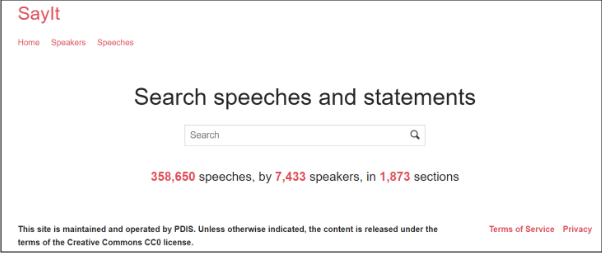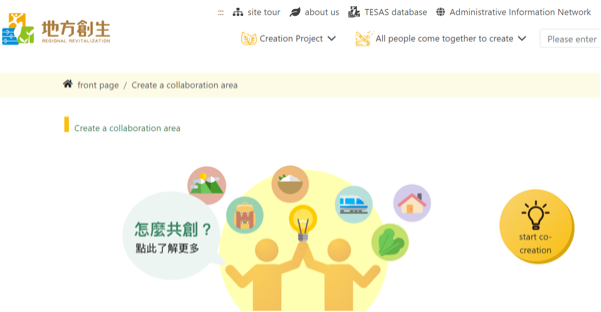The Initial Independent Review of Taiwan’s Open Government National Action Plan 2021-2024 was released on 12 October. It was prepared for the National Development Council, Taiwan, by me, Keitha Booth, and Associate Professor Mei Jen Hung, Department of Political Science, National Taiwan University, Taiwan (R.O.C.).
The review finds that:
Civil society and the government met minimum co-creation requirements when developing Taiwan’s first open government national action plan. All 19 commitments in the plan introduce the concept of open government and nine have potential for substantial change in government practice in Taiwan. Effective implementation requires leadership, funding certainty, training, and promotion of a culture of openness across central and local government. Officials must be willing to collaborate with a broader range of civil society groups and regularly consider and respond to their suggestions.
The Taiwan government released its Open Government National Action Plan 2021-2024 in December 2020, following its announcement of this intent at the 2019 Open Government Partnership (OGP) Summit in Canada.1 The OGP, established in 2011, is an international partnership of government leaders and civil society advocates who promote transparent, participatory, inclusive and accountable governance. It currently includes 77 countries, including New Zealand, and 106 local governments which are required to meet and maintain eligibility criteria.

While Taiwan is not a member of the OGP, it wishes to adhere to the OGP spirit, work with civil society to explore the various possibilities of open government policy, and deepen democratic literacy to allow Taiwan to become a reliable partner to the international community. It applied the OGP’s methodology and process for creating the National Action Plan and commissioning the Initial Independent Review to enable international comparisons with other democracies, and it sees this as a stepping stone for entry to the OGP.2
This Initial Independent Review evaluates the characteristics of the action plan and co-creation of the plan by the government and civic groups. It identifies nine commitments with potential to change government practice, makes recommendations for improving commitment implementation, and records implementation progress in 2021. This work provides the baseline and evidence for a post implementation review in 2024/25. Public comments received during the development of this initial review were incorporated into the report and acknowledged.

As an OGP Independent Researcher since 2016, I have reported on the OGP National Action Plans for New Zealand, Australian and Papua New Guinea. I was impressed with the ambition of Taiwan’s first plan, and am optimistic that the nine promising commitments identified in this review can bring about long-term change in government practice. I note the leadership from the Digital Minister Audrey Tang, an internationally recognised advocate for open government, social innovation and youth engagement. I also acknowledge the wise counsel from my Taiwan colleague, Associate Professor Mei Jen Hung and from the civic groups who generously offered their time to be interviewed.
Keitha Booth, a Trust Democracy member, and a Senior Associate of the Institute for Governance and Policy Studies, Victoria University of Wellington.
Footnotes
1. Taiwan’s earlier application to join the OGP was declined.
2. See National Action Plan, p3.


